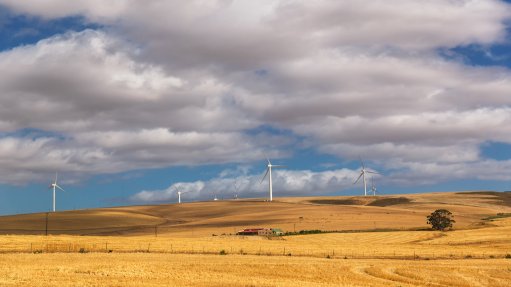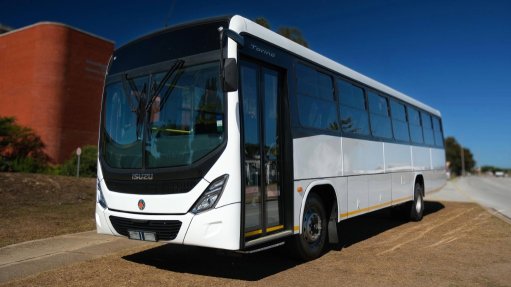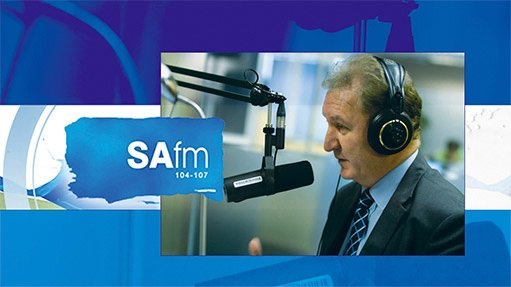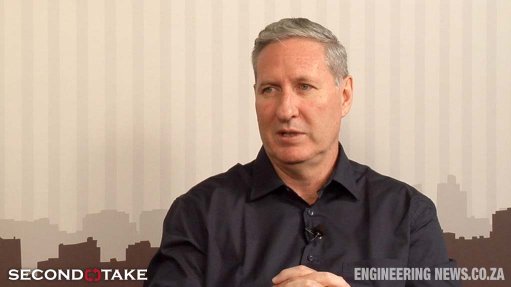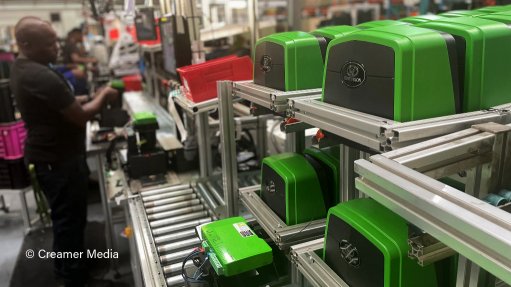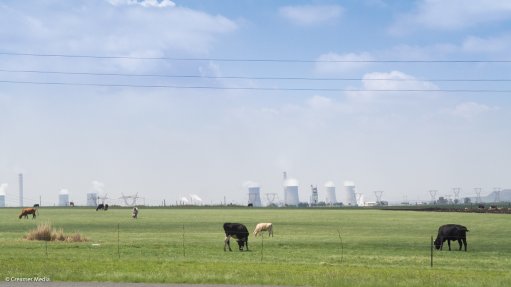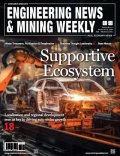Academia, industry must be involved for railway concessions to be successful, says NMU associate
To ensure the success of railway concessions, Nelson Mandela University Infrastructure Development and Engagement Unit (ID&EU) associate Bongani Mankewu says government “must fathom the significant role to be played by academia and the industry”.
He explains that the inception of concessioning in African countries could lead to improved rail services and relieve governments of costly subsidies to State-owned rail companies.
However, Mankewu notes that the “astuteness of the negotiators is indispensable” as the relatively low amount of equity put into concessions is, in most cases, exceeded by the value of the rolling stock that has been transferred to the concessionaire.
As a result, though much of the rolling stock can be in poor condition, he suggests that such transfers “must not shift the financial risks associated with railway infrastructure investment from the private to the public sector”.
If the risk is not negotiated adequately to allow the investment to spill over to the local industry, Mankewu says the concessioning practice then “reflects a weak financial basis with business fundamentals, though justified”.
He adds that insufficient support to major investment on a commercial basis is “all too prone” to liquidity problems.
Therefore, Mankewu urges academia and the industry to police the practice that is common to government and interested groups when infrastructure megaprojects are proposed.
“The Machiavellian formula turned to be the norm which follows this pattern: to get an infrastructure project built one must underestimate costs, overestimate revenues, undervalue environmental and social impacts, overvalue wider economic development effects, or spillover effects - that will lead to winning project approval,” Mankewu explains.
He tells Engineering News that the Gautrain Rapid Rail Link system project is prone to this practice. Though the engineering success must be recognised, as is already assented by some industry experts, the cost overruns on the major infrastructure project are “due to contractual ineptitudes”.
Evaluation of the Gautrain project “must never be taken from the 'uncritical adulation' of the engineering success of that project”, Mankewu states, noting that the sheer scale of the costs involved, set against larger and more pressing national transport shortages, “invariably prompts questions about the rationale behind the construction of the Gautrain”.
Besides engineering success, he believes the Gautrain, as a megaproject, needs to be understood as aimed at signalling South Africa’s pre-eminence as the modern African State.
“Therefore, the Gautrain project symbolically buttresses the country’s quest to punch above its weight in international affairs. With the trend of mimicking the international norms without aligning them with our conditions, we risk aggravating the already chronic economic situation in South Africa.”
Mankewu says it is, therefore, “judicious” for academia and the industry to assist the government on concession-type schemes in respect of political risks, such as the discontinuation of concessions, tax increases, inappropriate tariff implementation and increases, and framing of new government policies.
Concessioning is not a panacea, he notes, advancing that it requires originality from the host country perspective, adding that institutions like South African State-owned enterprises call for alternative options for their sustainability and that of the country’s economy.
Railways, similarly to other network infrastructure, are critical for the economic advancement of the South African economy and the building of value chains for the attainment of the promise of the Africa Continental Free Trade Area for the African continent.
“Careful thought process must be applied without recklessly replicating the international norms with no consideration of the South African industries, as already happened in the case of both Passenger Rail Agency of South Africa and Transnet’s recent rolling stock [projects],” Mankewu concludes.
Article Enquiry
Email Article
Save Article
Feedback
To advertise email advertising@creamermedia.co.za or click here
Comments
Press Office
Announcements
What's On
Subscribe to improve your user experience...
Option 1 (equivalent of R125 a month):
Receive a weekly copy of Creamer Media's Engineering News & Mining Weekly magazine
(print copy for those in South Africa and e-magazine for those outside of South Africa)
Receive daily email newsletters
Access to full search results
Access archive of magazine back copies
Access to Projects in Progress
Access to ONE Research Report of your choice in PDF format
Option 2 (equivalent of R375 a month):
All benefits from Option 1
PLUS
Access to Creamer Media's Research Channel Africa for ALL Research Reports, in PDF format, on various industrial and mining sectors
including Electricity; Water; Energy Transition; Hydrogen; Roads, Rail and Ports; Coal; Gold; Platinum; Battery Metals; etc.
Already a subscriber?
Forgotten your password?
Receive weekly copy of Creamer Media's Engineering News & Mining Weekly magazine (print copy for those in South Africa and e-magazine for those outside of South Africa)
➕
Recieve daily email newsletters
➕
Access to full search results
➕
Access archive of magazine back copies
➕
Access to Projects in Progress
➕
Access to ONE Research Report of your choice in PDF format
RESEARCH CHANNEL AFRICA
R4500 (equivalent of R375 a month)
SUBSCRIBEAll benefits from Option 1
➕
Access to Creamer Media's Research Channel Africa for ALL Research Reports on various industrial and mining sectors, in PDF format, including on:
Electricity
➕
Water
➕
Energy Transition
➕
Hydrogen
➕
Roads, Rail and Ports
➕
Coal
➕
Gold
➕
Platinum
➕
Battery Metals
➕
etc.
Receive all benefits from Option 1 or Option 2 delivered to numerous people at your company
➕
Multiple User names and Passwords for simultaneous log-ins
➕
Intranet integration access to all in your organisation






